Posts by Dan Klotz
Finding Hope in a Thicket of Bad News

Good news in the fight against climate change: 34 governors have pledged to work with Indigenous Peoples and local communities to conserve forests.
We Need More Science for Breakfast

Do you know how much science went into that bacon strip on your breakfast plate? This month saw the launch of FedByScience, a coalition of 16 universities telling stories of success in solving problems in farming and food production.
Will Congress see life as a pre-existing condition?
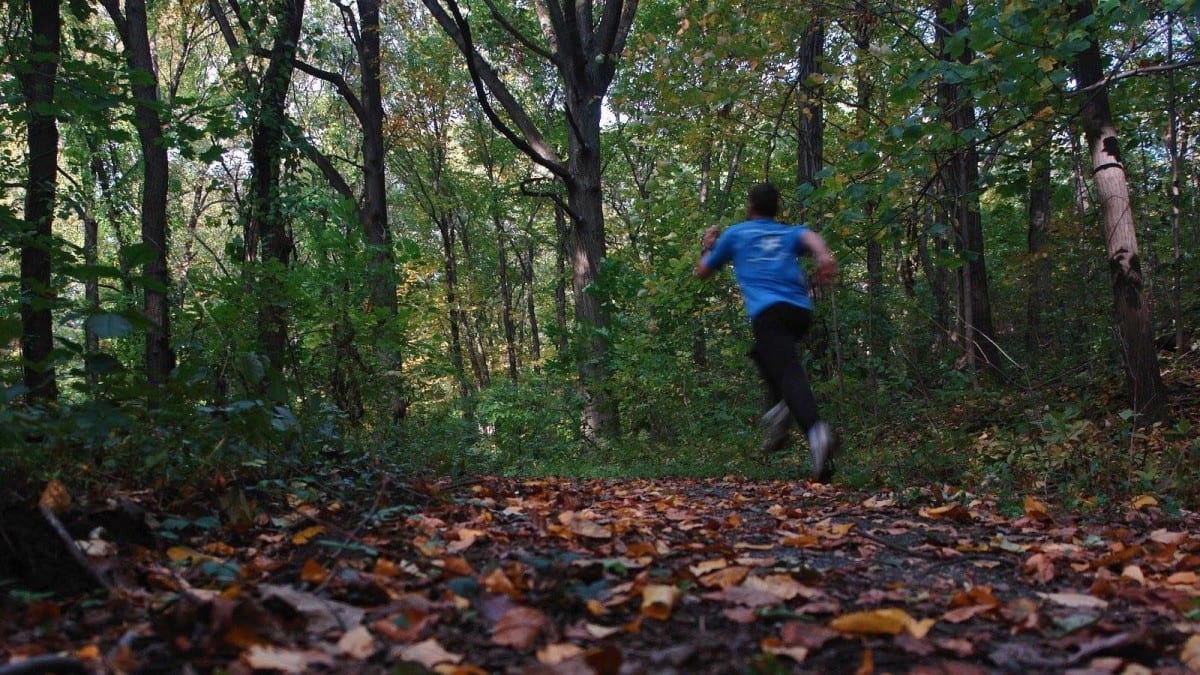
Cancer survivor and Burnesser Dan Klotz tells his healthcare story and explains what Obamacare means to him.
Harnessing the Power of Caterpillar Saliva

Innovations in agriculture—which have the potential to benefit millions of Americans, our economy and the environment—are under threat.
How Do You Conserve a Place That’s Inhabited?
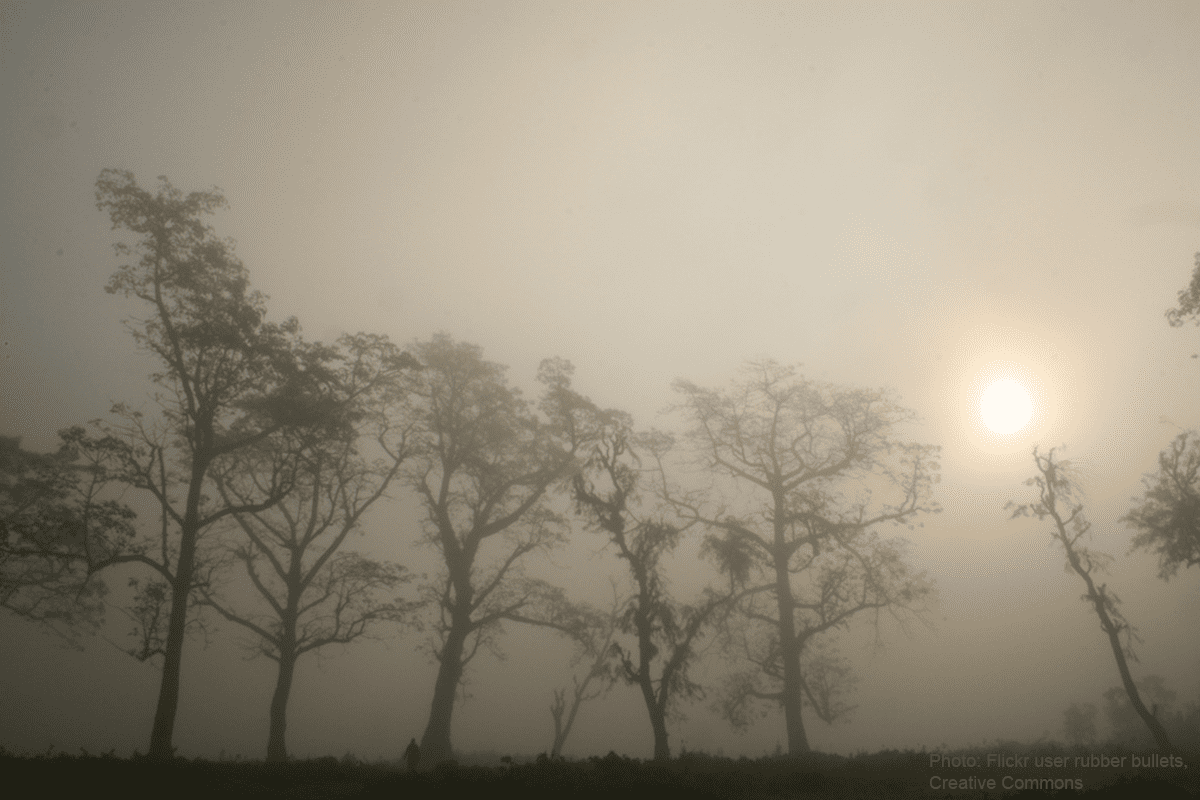
When a government decides to conserve land by making it a national park, what happens to the Indigenous Peoples who have lived there for generations?
A Surge in Federal Support of Agricultural Research Is Needed Now
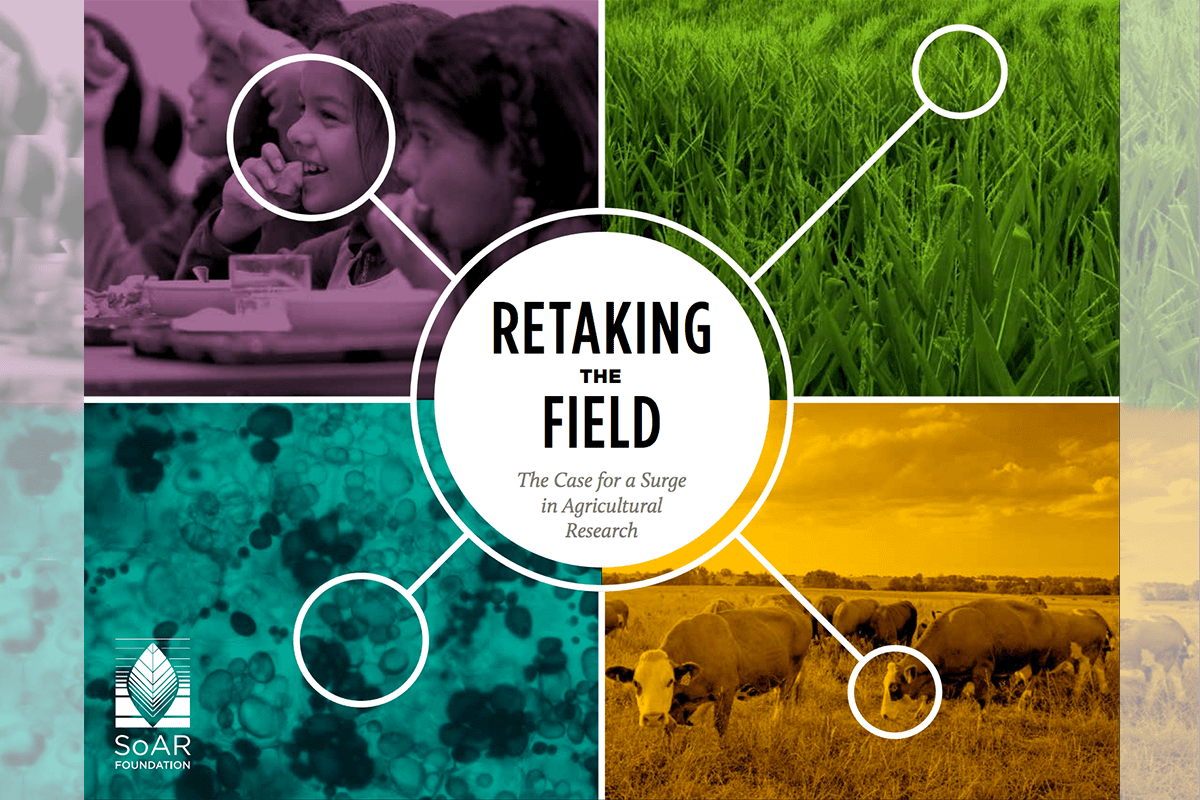
Growth in US agricultural production has leveled off, and agricultural research budgets have been mostly flat for decades. Meanwhile, China’s production has increased dramatically, supported by a tripling of the government’s investment in agricultural research. A new report shows that it is time once again to grow more solutions on US soil.
Three Years, One Week, and One Day
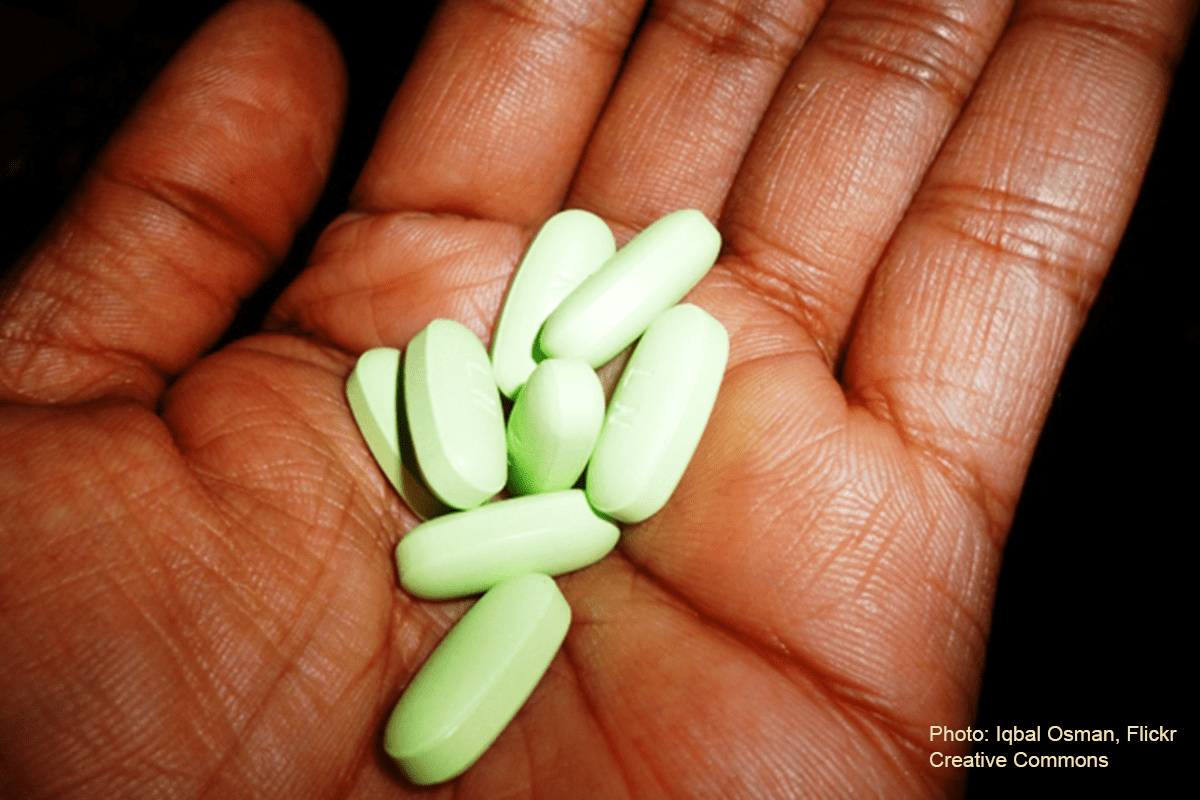
The four months I spent receiving chemotherapy for lymphoma pale in comparison to what Uvistra Naidoo experienced. Uvi contracted a severe form of drug-resistant tuberculosis and needed more than three years to recover.
Ending the Drought in Agriculture Research Funding
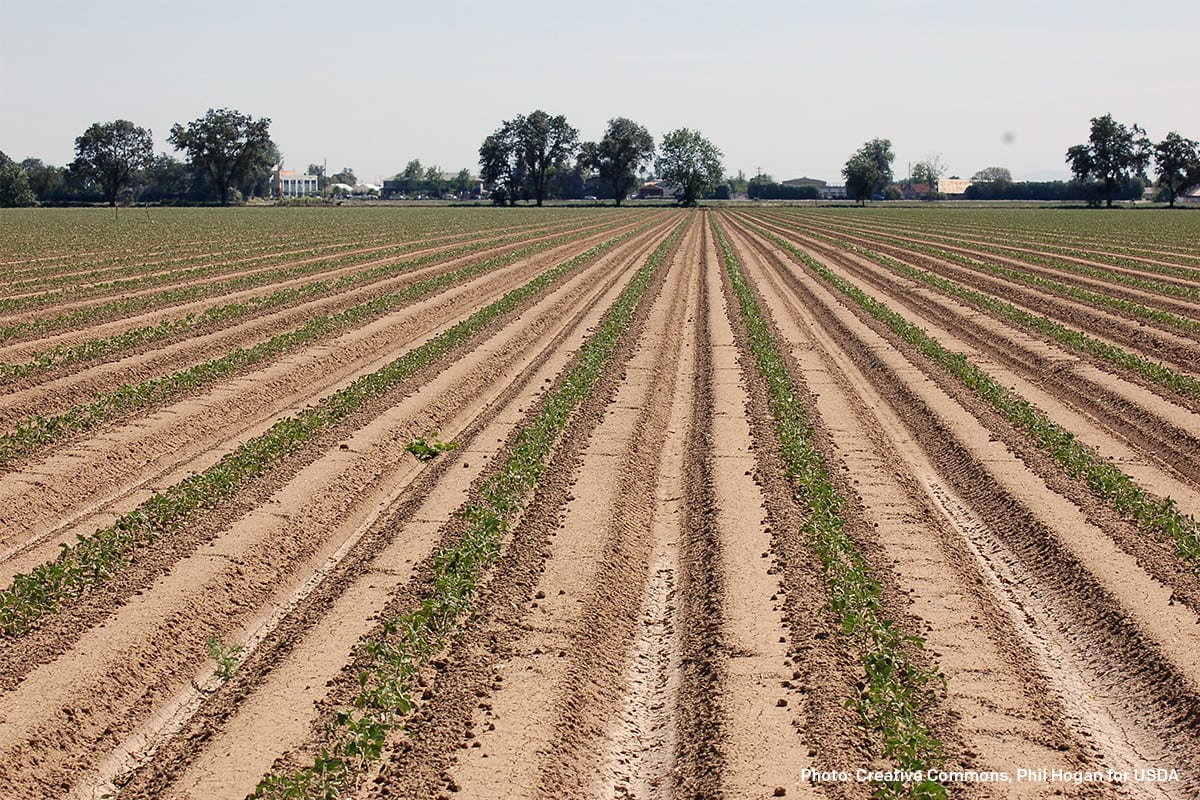
In the 1940s, almost 40 percent of the U.S. government’s research budget was focused on agriculture. Today, only two percent is. This decrease is not just an issue for farmers; it’s dangerous for all of us who depend on agriculture to put food on the table.
Developing New TB Drugs Shouldn’t Be a Moonshot

Tuberculosis kills 1.5 million people every year. It is such a lethal disease that it requires patients to take a combination of four strong antibiotics for six months—18 months or more if the infection comes from a drug-resistant strain. The drugs involved in TB treatment are old, developed when Kennedy was president of the U.S.
Shedding a Light and Engaging on Land Rights

In an opinion piece that appeared in the Reuters Sustainability online portal, Nestlé Executive Vice President José Lopez writes that Indigenous land rights must be addressed before any economic development project proceeds.
